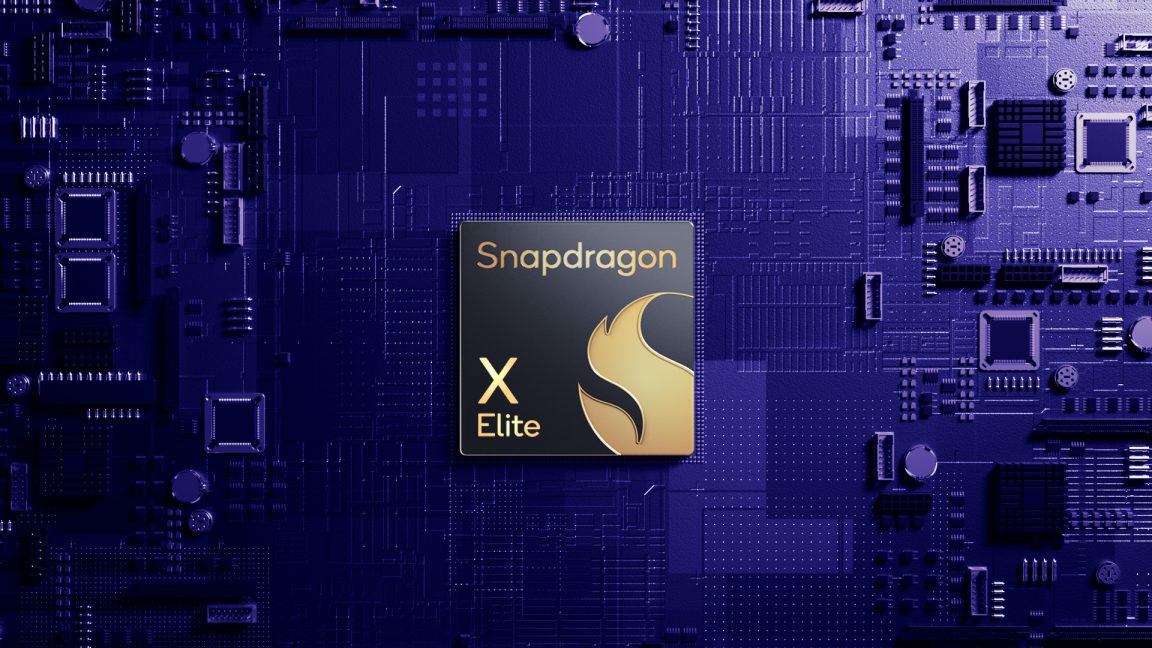I was talking to someone about this and made the same point as the author at the end. If all it takes to make ARM whole is $50 million a year, well … that is almost trivial for Qualcomm and not even that much for ARM. Okay sure in the future as ARM PCs get bigger that could grow substantially, but still these are multi-billion dollar companies, especially Qualcomm. That $50 million per year could increase by 10x and Qualcomm’s net profit would barely notice even now not to mention what their profits would be if Snapdragon sales skyrocketed to warrant such an increase in royalties. Unless I’m missing something here it really feels like Qualcomm is fighting not to hand over loose change after spending billions on Nuvia. Admittedly ARM’s net income is considerably lower than Qualcomm’s and as others have pointed out their entire business model relies on people paying them royalties. So the fight is maybe a touch more understandable from their perspective, but still I’m struggling to see why this has escalated so much.







